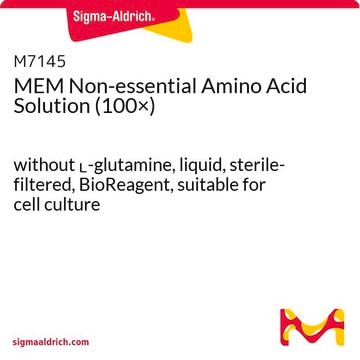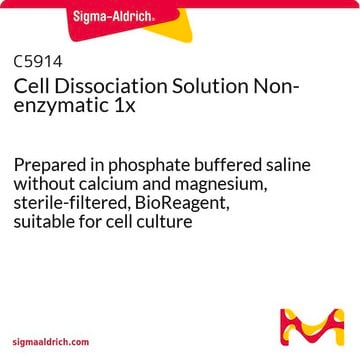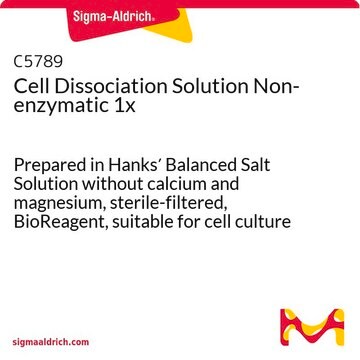MABS27
Anti-Diglycyl Lysine (Clone GX41) Antibody
clone GX41, from mouse
Sinónimos:
Diglycyl Lysine
About This Item
Productos recomendados
biological source
mouse
Quality Level
antibody form
purified immunoglobulin
antibody product type
primary antibodies
clone
GX41, monoclonal
species reactivity
human, mouse, rat
species reactivity (predicted by homology)
all
technique(s)
immunoprecipitation (IP): suitable
western blot: suitable
isotype
IgG1κ
shipped in
wet ice
target post-translational modification
unmodified
General description
Specificity
Immunogen
Application
Mass Spectrometry Analysis: A previous lot was used by an independent a laboratory in Mass Spec. Image courtesy of Samie Jaffrey, Cornell Medical College.
Signaling
General Post-translation Modification
Quality
Western Blot Analysis: 0.5 µg/mL of this antibody detected Diglycyl Lysine on 10 µg of BSA protein and Diglycine modified BSA.
Target description
Physical form
Storage and Stability
Analysis Note
BSA protein and Diglycine modified BSA
Other Notes
Disclaimer
¿No encuentra el producto adecuado?
Pruebe nuestro Herramienta de selección de productos.
Storage Class
12 - Non Combustible Liquids
wgk_germany
WGK 1
flash_point_f
Not applicable
flash_point_c
Not applicable
Certificados de análisis (COA)
Busque Certificados de análisis (COA) introduciendo el número de lote del producto. Los números de lote se encuentran en la etiqueta del producto después de las palabras «Lot» o «Batch»
¿Ya tiene este producto?
Encuentre la documentación para los productos que ha comprado recientemente en la Biblioteca de documentos.
Nuestro equipo de científicos tiene experiencia en todas las áreas de investigación: Ciencias de la vida, Ciencia de los materiales, Síntesis química, Cromatografía, Analítica y muchas otras.
Póngase en contacto con el Servicio técnico







